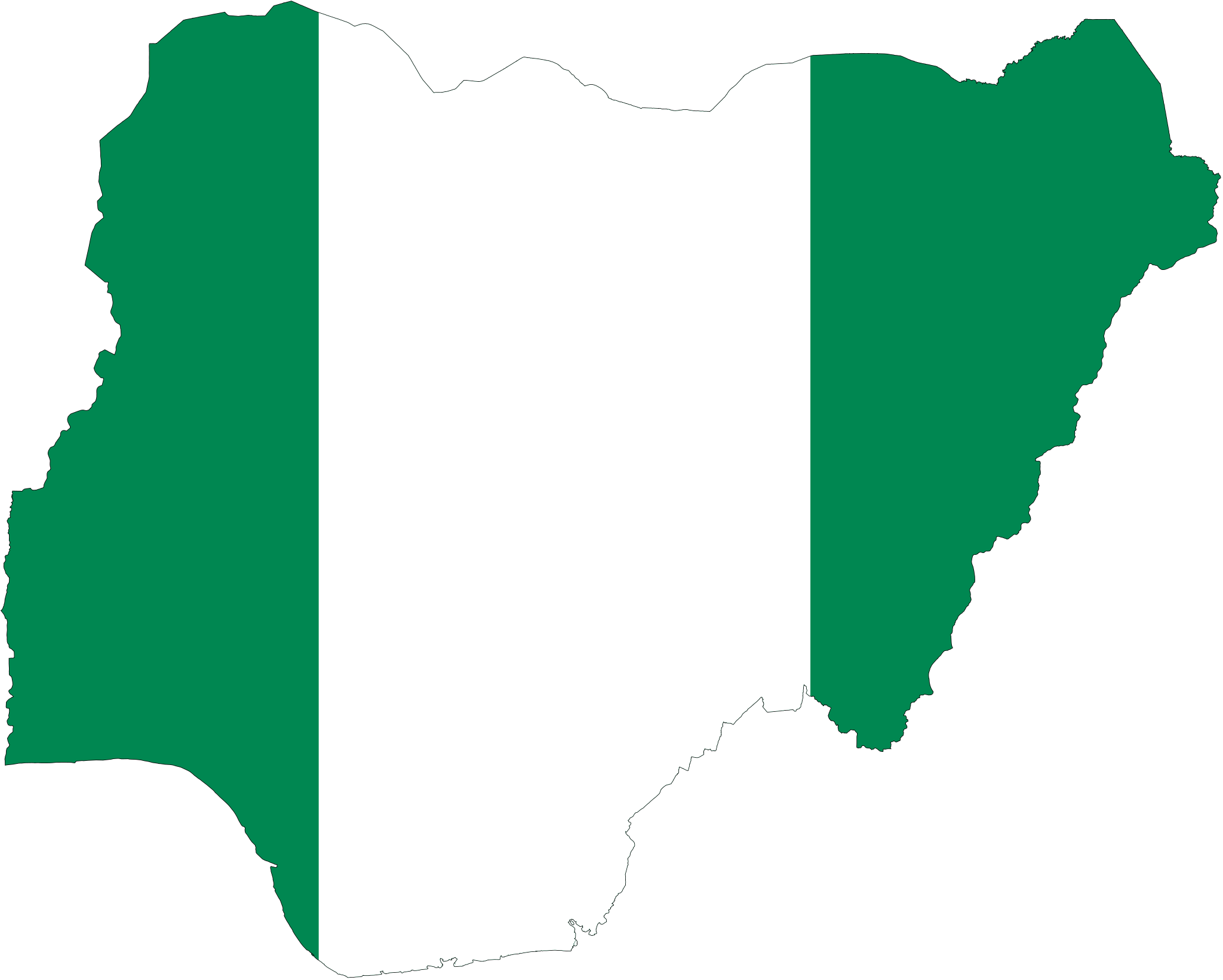The concept of rule of law in Nigeria
Rule of law is the supremacy of the Constitution over all other enacted laws. The grundnorm is the apex law of the land where all other laws derive their validity, see Section 1 (1 and 3) of the Constitution of the Federal Republic of Nigeria 1999 as amended. Unequivocally, the concept of rule of law […]

Rule of law is the supremacy of the Constitution over all other enacted laws. The grundnorm is the apex law of the land where all other laws derive their validity, see Section 1 (1 and 3) of the Constitution of the Federal Republic of Nigeria 1999 as amended.
Unequivocally, the concept of rule of law is key in any democratic setting as the Constitution is the bedrock. Simply, the case of State v. Ojukwu (1986) 1 NWLR (Pt. 18) P. 621 SC solidifies this position where the court held that nobody is above the law, it is above all and a respecter of none.
The concept is an embodiment of essential ingredients of law that need to be in place in a functioning democratic system, the reason being that it thrives on it. The eradication of taking power through dictatorship, force or tyranny is absent implying that the implementation of the rules of the law is not ostracised.
A few weeks ago, an inauguration occurred between former President Muhammadu Buhari and President Bola Tinubu making him the 16th president of Nigeria. He made a speech on June 12, 2023, that the rule of law is an intrinsic component of democracy as it enables the stability of the government. He further stated that democracy is the best system of government created by man so far recognizing the struggle of our past leaders, Chief M.K.O Abiola and Rt. Shehu Yar’adua amongst others.
- Plateau attacks: Over 200 pastoralists killed in 2 months – MACBAN
- A trip to Maiduguri slum where residents go to school, markets on boats
From the foregoing, it is evident that the implementation of the principles of law buttresses the view that creates an enabling environment where citizens get their desired government.
Mohammed Ayub O. is a law student at the Nigeria Law School, Abuja Campus
